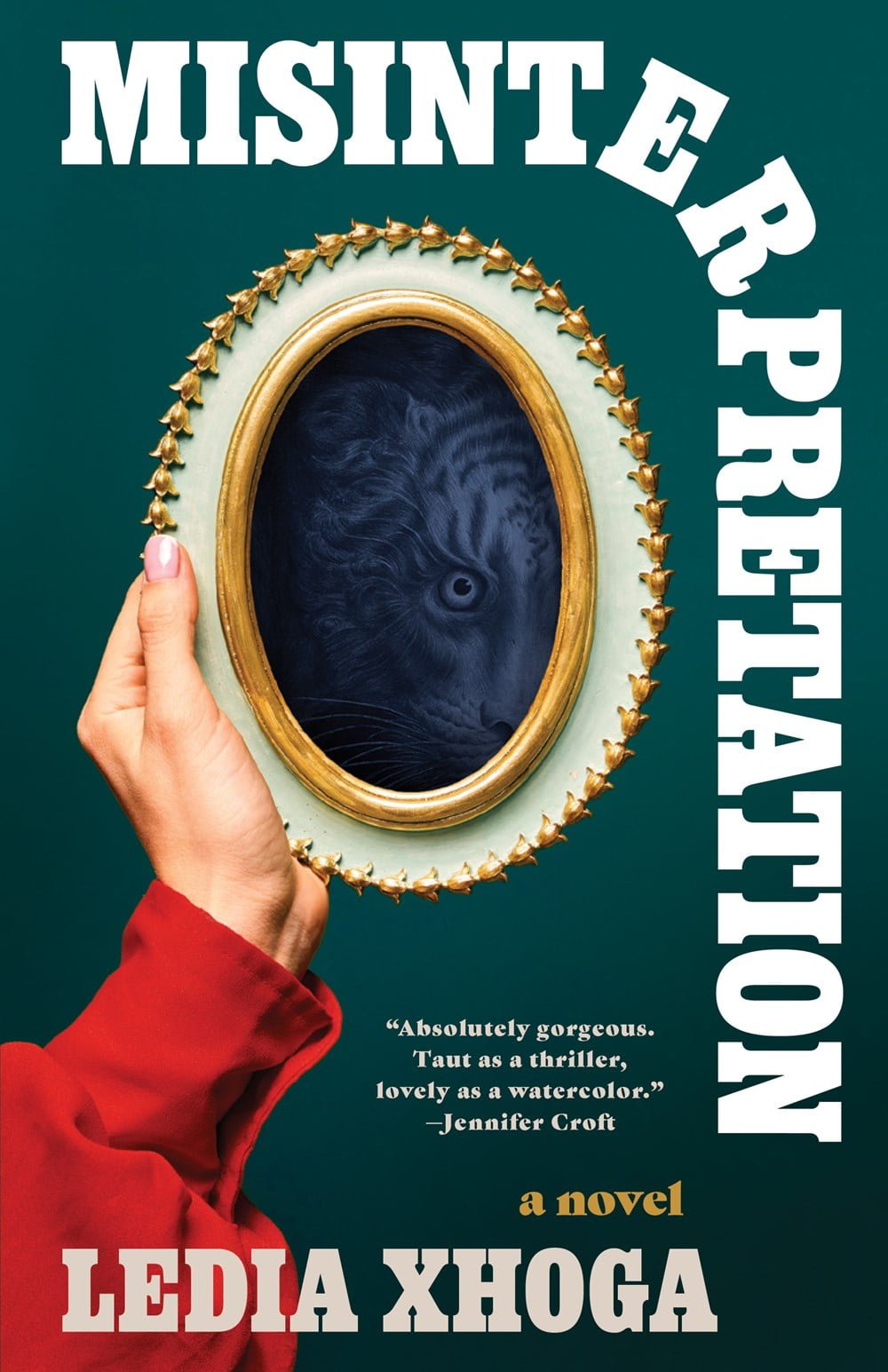An Unnamed Protagonist in a Complex World
Ledia Xhoga’s debut novel, ‘Misinterpretation’, delves into the life of a 30-something Albanian interpreter navigating personal and professional challenges in New York City. The protagonist, married to Billy, a film professor at NYU, projects a façade of contentment. However, she is continually haunted by her past experiences of war and poverty in Albania. Set against the vibrant and often chaotic backdrop of New York, Xhoga masterfully captures her protagonist’s internal and external conflicts.

The Trials of an Interpreter
Despite her efforts to maintain professional boundaries, the interpreter becomes entangled in the lives of her clients. One such client is Alfred, a Kosovar torture survivor, whose harrowing past she struggles to detach herself from. Another significant figure is Leyla, a Kurdish poet whose plight draws the interpreter deeper into risky and emotionally draining situations. The protagonist’s inability to separate her personal experiences from those of her clients leads her to prioritize their needs over her own, culminating in strains on her marriage and wellbeing.
A Journey Between New York and Albania
The novel carefully juxtaposes the protagonist’s life in New York with fleeting, yet poignant glimpses of Tirana, Albania’s capital. These scenes are essential as they offer a rare window into the protagonist’s roots and her ongoing quest for identity and solace. Her trips to Albania, though brief, provide a respite and a chance for self-reflection, often highlighting the stark contrasts between her past and present.
A Reflection on Empathy and Boundaries
‘Misinterpretation’ is a poignant exploration of empathy, boundaries, and the impact of one’s history on present-day decisions. Xhoga’s narrative prompts readers to reflect on the emotional toll of helping others and the fine line between compassion and self-sacrifice. The novel, though leaving some storylines unresolved, offers a comprehensive look at the protagonist’s struggles and the diverse perspectives of those around her. The recurring question—how much of others’ pain can we take on without losing ourselves?—is both compelling and timeless.
